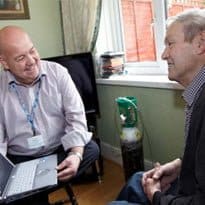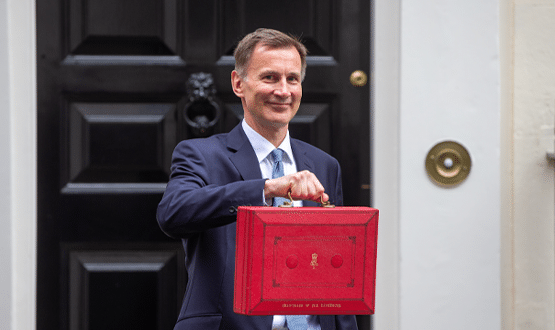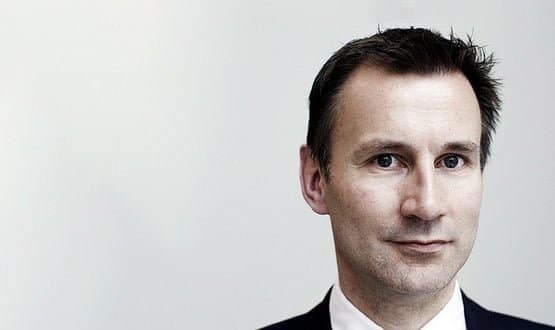DH report sends mixed mobile messages
- 17 January 2013

The connectivity needed to support a big roll-out of mobile working is not yet in place, a report on the Department of Health’s flagship National Mobile Health Worker project has concluded.
The project was set up with the specific aim of finding the evidence necessary for the NHS to make a big investment in mobile devices.
However, its final report, published to support health secretary Jeremy Hunt’s high profile speech on a “paperless” NHS by 2018, says the infrastructure needed to support the use of mobile devices is still not up to scratch.
“The most commonly recorded complaint in the project was about connectivity. In many areas, the connectivity is not yet consistent enough to rely on.
“This is an issue that extends beyond the reach of the project and will only improve as mobile infrastructure evolves,” says the report.
The project was initially launched as 11 separate pilots in 2010 to support the case for investment in mobile devices for clinical care.
However, a number of sites were only able to collect some of the data required, presenting an incomplete picture.
North Tees and Hartlepool NHS Foundation Trust was only able to achieve data returns of 17% for one stage of its project, in which six sites were given new equipment with the aim of achieving “whole-service transformation.”
The report says another of the lessons learned is that “any data collection should be as simple and straightforward to collect as possible and that the longer that data is required to be collected the more difficult it becomes to maintain high levels of returns.”
Despite these problems, the report concludes that the introduction of new technology can deliver benefits; although these are not straightforward to achieve.
For example, it found that Ashton Leigh and Wigan Community Health Care NHS Trust (which has since changed its name) actually saw an increase in data duplication after introducing mobile devices for staff.
The report concludes that this finding “is likely to be a reflection of the lack of an electronic clinical record” for staff to work into.
Another site did manage to reduce data duplication by 92% by giving clinicians the opportunity to access and update patient information on a laptop.
The report also notes that organisations need to stick with projects, and to constantly re-evaluate them.
“This may seem an obvious statement, but it was observed at several sites in the project that there can still be a tendency in the NHS for predominantly technical project teams to assume the project is complete once the kit has been distributed.”
Overall, the project suggested that introducing mobile devices could significantly increase the amount of time that staff get to spend with patients, or to improve staff productivity.
The final report says the use of mobile devices across community services increased patient time by up to 104% .
It also says that despite fears about the devices acting as a barrier between clinicians and patients, “most users reported improved patient confidence” and “the cultural barriers that were initially perceived to be present have been proven not to exist.”
“It is clear the adoption and long-term use of appropriate mobile solutions has the potential to significantly improve productivity, efficiency, safety and assist services to continue to provide good quality care,” the report concludes.




